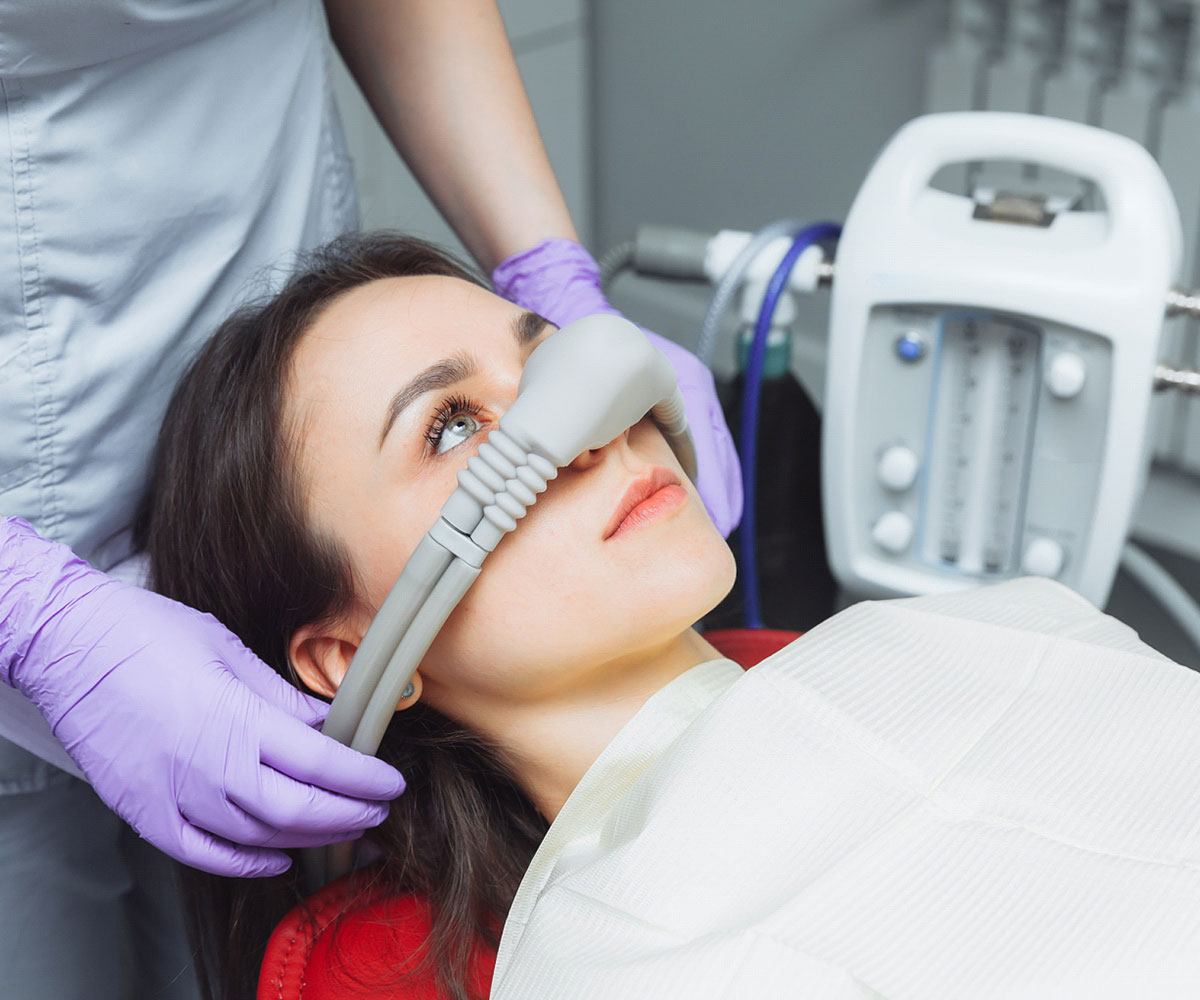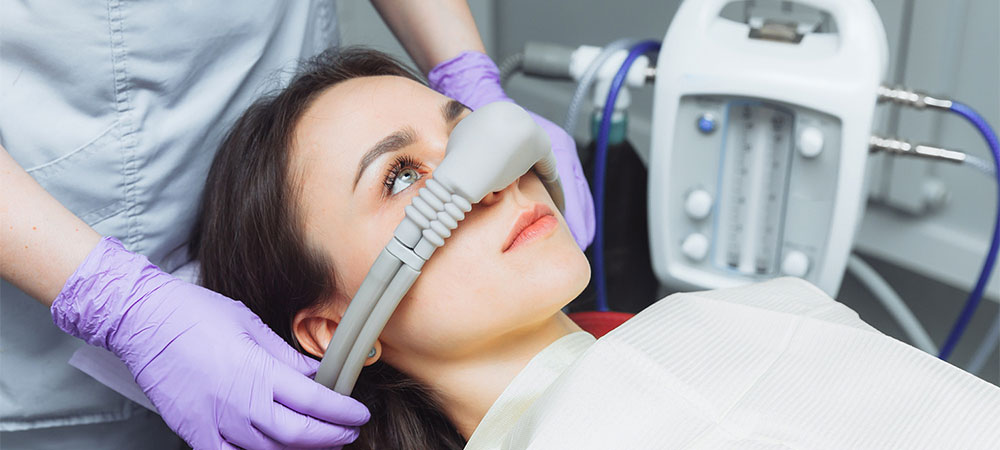Going to the dentist isn’t always a comfortable experience for everyone. For some people, an appointment makes them afraid and anxious. Others feel claustrophobic in the dentist’s chair, have a strong gag reflex, or have sensitive teeth and gums.
All these issues can make one postpone or fail to go for dental services. However, this only causes more harm. Untreated oral problems can lead to serious dental concerns like gum disease and tooth decay. Besides, they can cause health issues like stroke and heart disease.
Dental sedation is something to consider if you experience anxiety, fear, or other concerns that make it challenging to seek oral treatment.

What Is Sedation Dentistry?
Sedation dentistry involves using medications to calm a patient during oral treatments. In this case, the sedation service provider may use the following in your procedure:
Oral Sedation
During oral sedation, the health care provider gives you a pill or liquid before your dental treatment. In this case, you’ll be drowsy and could fall asleep, but your dentist can shake you to wake you if necessary. Since oral sedation can impact your motor skills and memory, having someone to drive you home after your dental procedure is necessary.
Laughing Gas
You might also receive laughing gas or nitrous oxide during your dental sedation. A mask is placed over your nose so you can inhale the gas. You’ll feel relaxed fast, but the effects wear off quickly. So, after your procedure, you can take yourself home.
Intravenous (IV) Sedation
IV sedation involves injecting sedative medication directly into your vein. You’ll fall asleep and have zero or little remembrance of your treatment upon waking up.
General Anaesthesia
With general anaesthesia, your healthcare provider injects medications into your veins or lets you inhale a gaseous anaesthetic. You’ll be asleep throughout your dental procedure and can’t be awakened until the anaesthesia effects fade or are reversed using medication.
As seen, there are various types of sedation you may receive. The best one depends on your preference, medical history, or anxiety level.
What To Ask A Sedation Dentist Before Choosing Their Services
When looking for a dental sedation service provider, you’ll find several available. This can make deciding who’s the best person to consider challenging. Hence,it’s best to pick at least three candidates and make a comparison.
Below are four questions you should ask before choosing anyone’s services:
What Are Your Credentials?
You should first check if a sedation service provider has the right credentials. Essentially, oral health specialists start with general dentistry.
However, additional training is necessary for a sedation service provider. They learn ethical considerations, sedative dosage and handling, patient monitoring, and more. They also receive certifications to show they’re qualified experts. So, it’s best to ask for supporting documents proving that a sedation dentist can offer your required services.
How Long Have You Been Practicing?
You should also check how long a professional has been in their field. A well-experienced person may be better to consider. This is because they’ve handled different cases, some of which might have been complex. This means they’ve gained more knowledge and expertise in their line of work.
Such individuals can know the best dental sedation type for you, how to carry out the procedure for the best results, how to monitor and protect your well-being, and much more. Generally, a well-experienced professional will likely provide better quality services.
Are You Taking Continuous Education?
Like any other branch in medicine, dentistry keeps changing and improving. For instance, IV sedation or general anaesthesia administration and handling continue advancing.
Therefore, you need someone who keeps up with the latest developments and technologies in sedation dentistry. This is only possible through continuous education. So, before picking a dental sedation service provider, ask if they’re constantly learning to keep up with the latest advancements in their field.
What Safety Measures Do You Take During Treatment?
As you’ve seen, there are various options for dental sedation, like laughing gas, general anaesthesia, etc. Besides that, there are also different levels of sedation. For instance, during your appointment, you may be under any of the following:
- Minimal sedation:You’re awake but more relaxed.
- Moderate sedation:You’re conscious, calm, and can answer questions. However, you’ll slur words when speaking and won’t remember much about the treatment.
- Deep sedation:You’re nearing unconsciousness, but your healthcare provider can still wake you.
- General anaesthesia:You’re completely unconscious and will wake up at the end of the procedure.
A good professional should guarantee your safety despite the type or level of sedation you’re under. A precaution an expert must take is to ask about your medical history. For instance, if you have blood sugar issues, the professional should know the best type and level of sedation for you. This way, you can communicate when your sugar levels are fluctuating, and they’ll know the right measures to take.
Moreover, a good sedation dentist will also check your blood pressure, oxygen levels, and heart rate during your procedure. This way, it’s easy for them to know when things aren’t going well and eliminate any health risks.

Final Thoughts
Dental sedation is something to consider if you have sensitive teeth and gums, a strong gag reflex, or experience fear, anxiety, or claustrophobia during oral treatments. It’ll make you calm, relaxed, and more comfortable at the dentist’s office. However, a professional must carry out the procedure for your safety and the best results.
So, when looking for a dental sedation service provider, consider one who’s well-trained and experienced, participates in continuous learning, and prioritizes your safety. If you can’t find such a person, keep looking; your safety and health are paramount!

